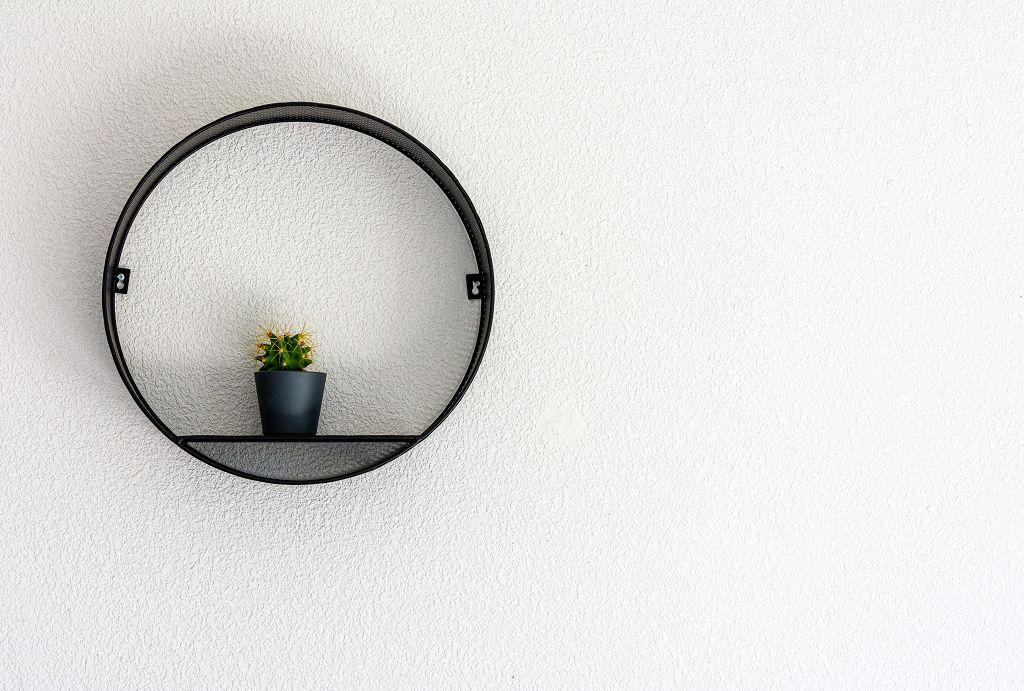Earn, save, invest. If you want to get rich, those three things always need to be on your mind. In that order too.
On a recent call with JPMorgan clients, the CEO, Jamie Dimon, talked about the key to successful wealth building. He said:
”Investing should be a permanent thing. Save, invest. Save, invest. Guessing at market tops, market bottoms – that is a complete loser’s game. I’ve never seen anyone win at it. The smartest investor in the world, Warren Buffett, would say that is not the way to invest.”
It’s really not that complicated. You don’t even need to earn a lot of money to become wealthy if you have healthy financial habits.
It’s fruitless to chase low probability outcomes like guessing market tops and bottoms, trying to day-trade yourself to wealth, or going after a lot of money at once with a get-rich-quick scheme.
The habit of earning more
While I love Dimon’s one-two punch of save & invest, I also believe that increasing your earnings potential is a way to build wealth faster. While I don’t think it’s necessary to destroy your mental well-being by continuously chasing more money, I do think it’s natural to earn more over your lifetime.
I believe that a person can only earn more by learning more. The more we learn, the more value we can provide to other people and organizations. And that’s how we earn more.
Now, does that mean you need to set unrealistic goals like, “I want to make a million dollars a year”? No. The problem with our society is that we get fixated on random figures.
$100,000 a year is something a lot of people focus on. Why? It’s useless to work so hard and to sacrifice so much to earn a certain amount of money, only to get burnt out the year after.
Instead, I see earning more like a habit. Every year, I want to learn new skills and ways that increase my earning potential. I don’t look at the amount of money I make. I look at whether I’m making progress. That’s what matters more than anything.
The habit of saving more
Over the past four years, I’ve been earning substantially more every year. But my cost of living has remained the same. I didn’t upgrade my house, car, or anything else. I have the same expenses, except I now earn more.
So I also save more. This is the key to the habit of saving. The biggest mistake is to save the same amount of money if you earn more. When I started, I could only save 10% of my income because I didn’t earn that much.
But every year, I could save more because I earned a bit more. I think it’s a losing game to only focus on saving money.
Penny pinching often leads to a fear of spending money. I’ve seen this a lot in my family. They are so afraid of spending money, that I have family members pushing sixty and have substantial savings but still live like they are in college.
The first thing they ask when you talk about anything is, “How much did it cost?”
Last year, my father bought a Traeger pellet grill for about $1000. When my parents organized a family barbecue, the talk of the afternoon for some family members was how expensive these things were.
Then, they ate a smoked burger and said, “Wow! This is great. Where did you get the meat from? We need to buy this too.”
I said, “Dude, it’s just supermarket meat. The Traeger makes it special.”
Life’s too short to save every penny you have.
The habit of investing more
The biggest mistake I’ve made with investing is that I was never consistent. I bought my first stocks in 2007; then I sold my stocks a few years later. I didn’t invest for several years. At some point, I put $5,000 in an S&P 500 index fund. But I didn’t add any money to it for several years.
But around 2017, I started applying the philosophy of Stoicism to investing. I started looking at investing as a habit that only pays off long-term. I overcame my fear of losing money.
And I started investing more money every year. Now, I invest every month. I keep six months’ worth of expenses in my savings account, have a rental property, and put all my other money in the stock market.
But I started with earning more, then saving more, and then I started with investing. People want to skip the first two steps.
They want to day-trade themselves to wealth. They want to buy real estate without putting money down. They take stock tips from people who run boiler rooms on TikTok or Reddit. While some people get lucky (and you hear a lot about those people), most of us will only lose money by chasing quick money.
Ultimately, building wealth comes down to our habits. If we have healthy financial habits, keep developing ourselves, and invest our money wisely without taking big risks, we will win.
This article is from DARIUS FOROUX
